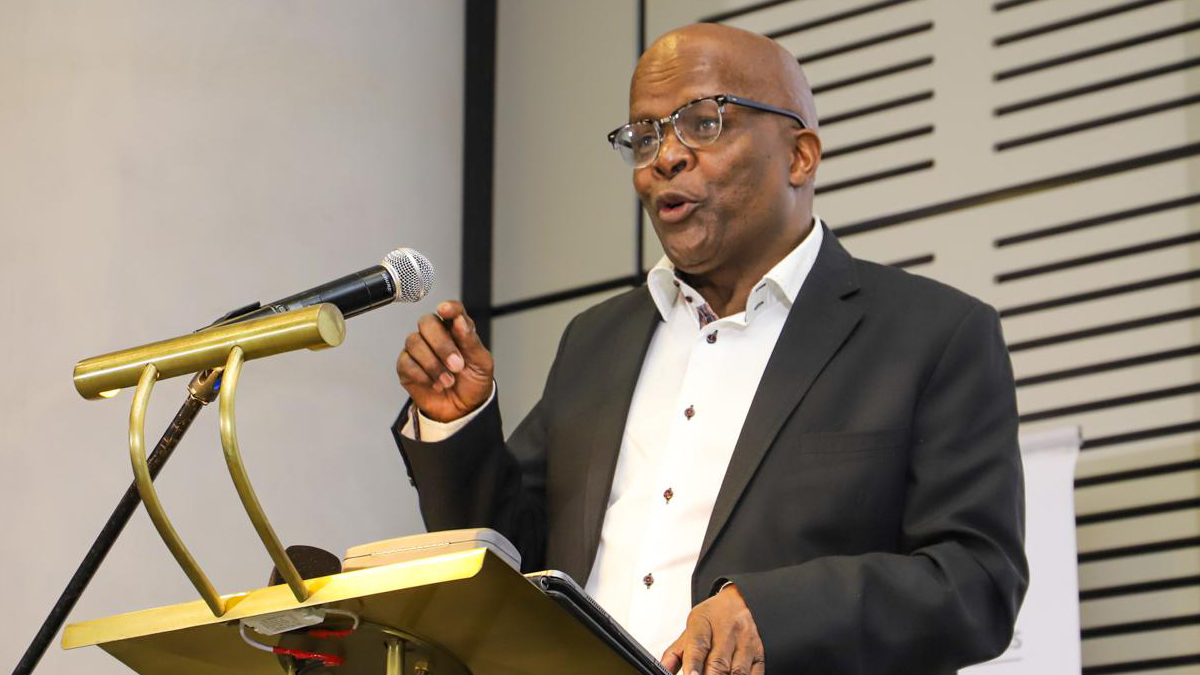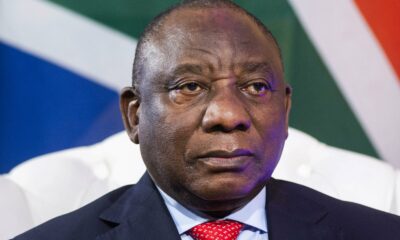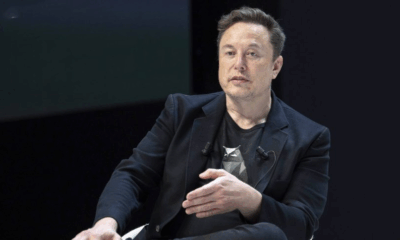Business
South Africa Ramps Up Digital Inclusion to Connect Rural and Disadvantaged Communities

South Africa is stepping up efforts to close the digital divide by investing in rural internet infrastructure, education, and access to technology — with the goal of ensuring no one is left behind in the digital age.
Deputy Minister of Communications and Digital Technologies, Mondli Gungubele, reaffirmed the government’s commitment during the South Africa Internet Governance Forum held in Durban. He emphasized the critical role that digital inclusion plays in driving sustainable development, education, and economic growth across the country.
“We are here to respond to students, to ensure they are free — in the context of research and opportunity,” Gungubele said.
Connecting the Unconnected
The government’s push for equitable access is aimed squarely at rural and disadvantaged communities, where internet infrastructure remains limited. Gungubele noted that South Africa is embedding a multistakeholder model in its internet governance strategy to ensure that rural voices are heard alongside urban stakeholders.
He also addressed the World Summit on Information Society (WSIS) review process and raised a global challenge: Should the internet remain open and decentralized, or shift to more centralized governance?
“Our position is clear. We stand for an internet that is open, secure, rights-based, and accessible to all,” he said.
Digital Access as a Human Right
Since 2012, internet access has been recognized as a fundamental human right, aligning with the UN Human Rights Council’s support for freedom of expression and opinion. Gungubele warned, however, that while technology is creating opportunities, it also presents challenges — particularly with the rise of artificial intelligence (AI).
“Technology may disrupt 75 million jobs but also create 130 million digital jobs,” he said.
“AI tools like ChatGPT are performing tasks once done by humans, from coding to content creation. We must prepare our workforce for these shifts.”
He called for collaborative policymaking between government, industry, academia, and civil society to ensure AI serves the public interest without deepening inequality.
KZN’s Rural Connectivity Project
Also speaking at the forum, Mpilo Sibiya from the KZN Premier’s Office highlighted the province’s progress in advancing rural connectivity through the Traditional Authorities Connectivity Project.
“So far, 23 international council facilities have been connected,” Sibiya said.
In addition, libraries across KwaZulu-Natal are being transformed into digital hubs offering cyber access, job-seeking tools, and online educational resources.
Despite some budget constraints, Sibiya affirmed that KZN remains committed to expanding digital infrastructure and inter-literacy.
“We are investing in access, new skills, and innovation to improve the digital divide. We are building a connected, capable, and competitive province that leaves no one behind.”
Looking Ahead
South Africa’s digital future hinges on how well it addresses both infrastructure gaps and skills development. As the country prepares for global digital governance discussions and accelerates AI adoption, these inclusion efforts could define the nation’s place in the digital economy.
{Source: BusinessTech}
Follow Joburg ETC on Facebook, Twitter , TikTok and Instagram
For more News in Johannesburg, visit joburgetc.com



























